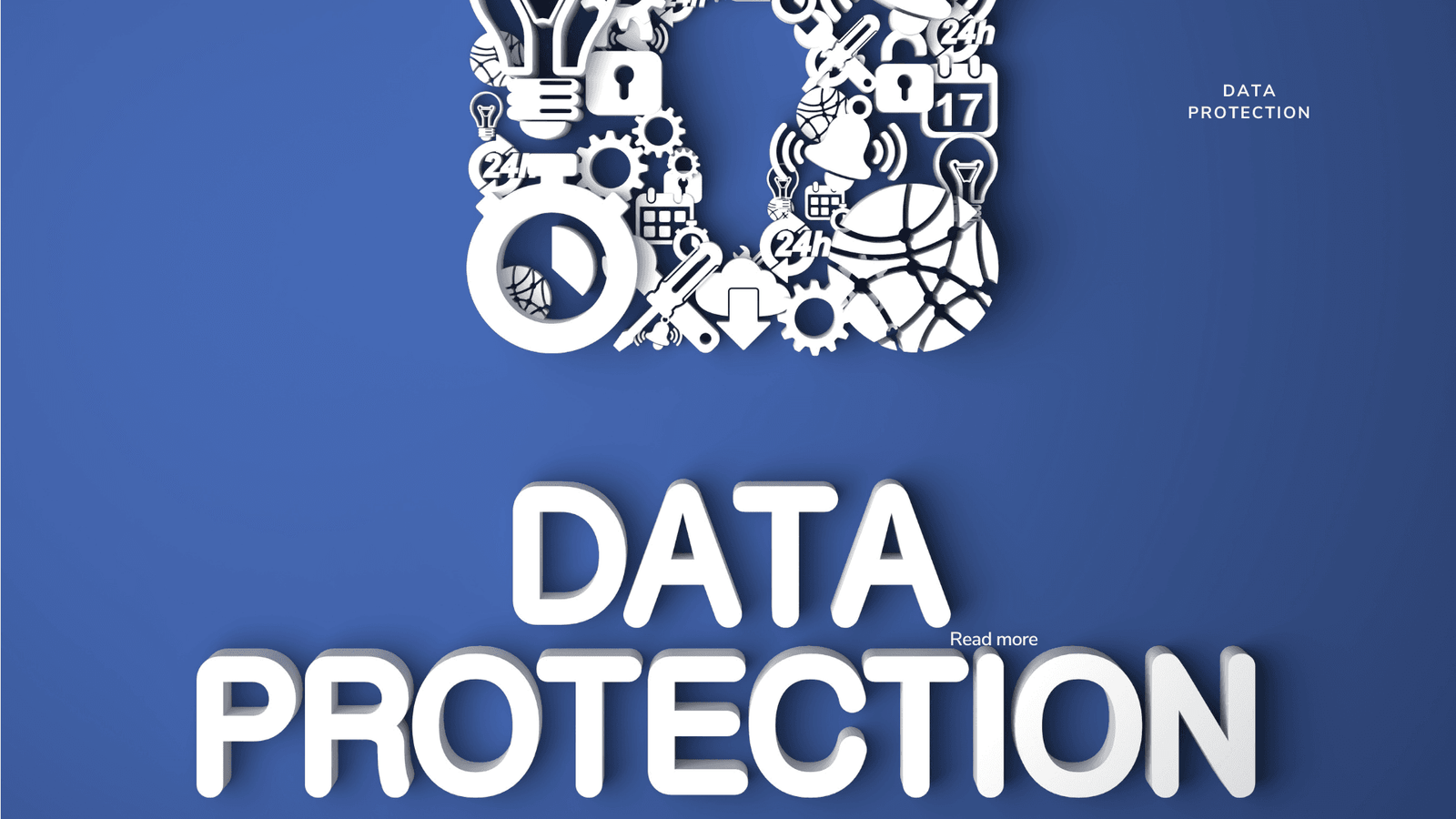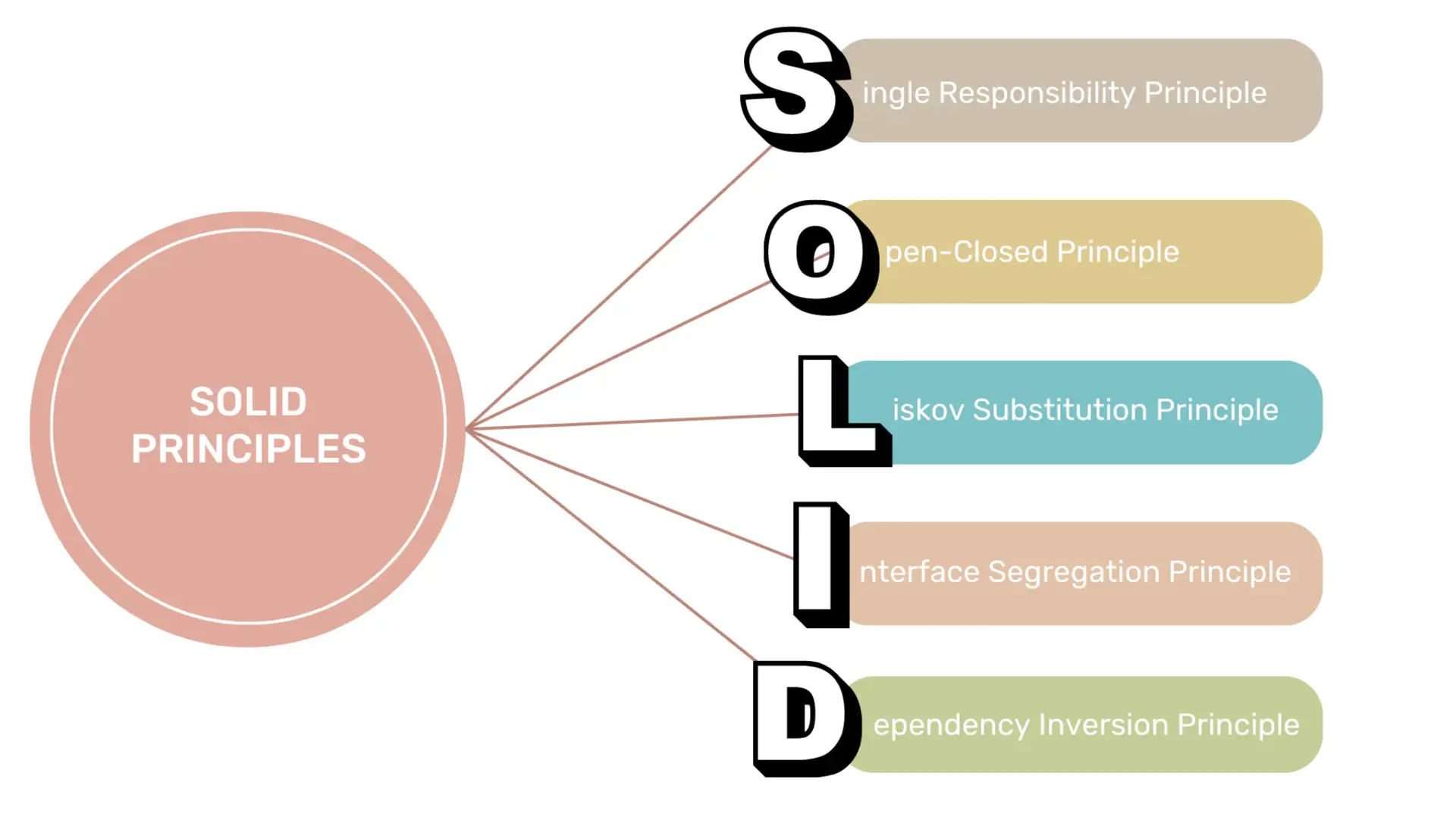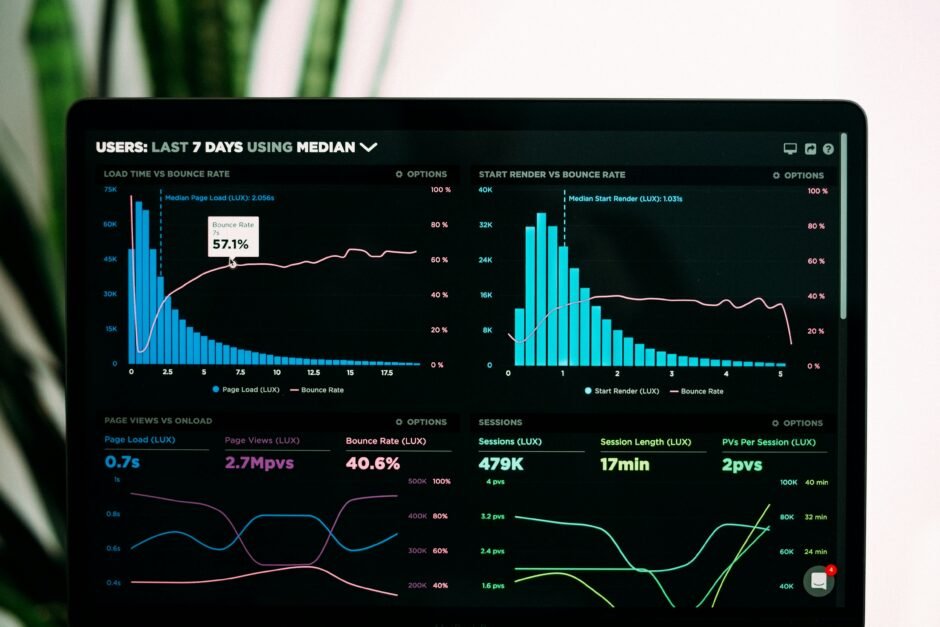Smart Phone Remote Controller ● Widespread Compatibility: Your smartphone can function effectively with the standard connector that is frequently used to replace iOS cellphones.● Plug and Play: Your smartphone may become an…
What Does a Data Analyst Do? A Career Guide

What Does a Data Analyst Do? A Career Guide
Introduction
Are you curious about what a data analyst does? Do you want to explore the exciting world of data analysis and understand how it can shape businesses and industries? In this career guide, we will dive into the role of a data analyst and explore the skills, responsibilities, and opportunities that come with this profession.
What is Data Analysis?
Data analysis is the process of inspecting, cleansing, transforming, and modeling data in order to discover useful information, draw conclusions, and support decision-making. It involves collecting and organizing data from various sources, interpreting patterns and trends, and presenting insights in a meaningful way.
Free udemy courses

The Role of a Data Analyst
Data analysts play a crucial role in organizations by helping them make informed decisions based on data-driven insights. They are responsible for collecting and analyzing data, identifying patterns and trends, and translating complex findings into actionable recommendations.
Key Responsibilities
1. Data Collection: Data analysts gather data from multiple sources, such as databases, spreadsheets, and surveys. They ensure data accuracy and integrity by cleaning and validating the data.
2. Data Analysis: They use statistical techniques and software tools to analyze data and identify patterns, correlations, and trends. This analysis helps organizations understand customer behavior, market trends, and business performance.
3. Data Visualization: Data analysts create visual representations, such as charts, graphs, and dashboards, to present complex data in a clear and concise manner. These visualizations help stakeholders understand the insights and make data-driven decisions.
4. Reporting and Presentation: They prepare reports and presentations to communicate findings and recommendations to stakeholders, including management teams, clients, and business partners.
5. Problem Solving: Data analysts are problem solvers. They use their analytical skills to identify challenges, propose solutions, and optimize business processes. They work closely with cross-functional teams to address data-related issues and drive continuous improvement.
Free coursera courses

Skills Required
To excel as a data analyst, certain skills are essential:
1. Analytical Skills
Data analysts must have strong analytical skills to interpret complex data sets and extract meaningful insights. They should be comfortable with statistical analysis and data manipulation techniques.
2. Technical Skills
Proficiency in programming languages like Python or R is crucial for data analysts. They should also be familiar with data querying languages like SQL and have experience working with data visualization tools like Tableau or Power BI.
3. Communication Skills
Data analysts need to effectively communicate their findings to both technical and non-technical stakeholders. Strong written and verbal communication skills are essential to present complex information in a clear and understandable manner.
4. Problem-Solving Skills
Data analysts should be able to identify problems, analyze root causes, and propose effective solutions. They should have a logical and structured approach to problem-solving.
5. Domain Knowledge
Having a good understanding of the industry or domain in which they work is beneficial for data analysts. It helps them contextualize the data and provide more meaningful insights.
Career Opportunities
Data analysis is a rapidly growing field with a wide range of career opportunities. Here are some of the roles that data analysts can explore:
1. Business Analyst
Data analysts can transition into business analyst roles, where they use their data analysis skills to identify business needs, recommend improvements, and drive strategic decision-making.
2. Data Scientist
Data analysts with advanced skills in machine learning and predictive modeling can pursue a career as a data scientist. They develop complex algorithms and models to solve business problems and uncover hidden patterns in data.
3. Data Engineer
Data analysts can also transition into data engineering roles, where they focus on designing and building data pipelines, managing data infrastructure, and ensuring data quality and reliability.
4. Data Visualization Specialist
Data analysts with a strong flair for visual storytelling can specialize in data visualization. They create compelling visual representations of data to help organizations understand complex information and make informed decisions.
Free udacity courses

Conclusion
Data analysis is a dynamic and rewarding career path. As a data analyst, you have the opportunity to make a significant impact on businesses and industries by uncovering insights from data. By developing the necessary skills and staying updated with the latest tools and techniques, you can excel in this field and unlock a world of exciting possibilities.











































